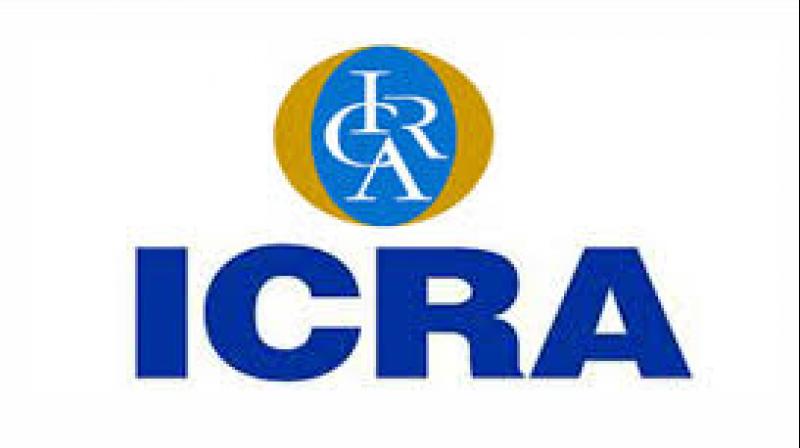Bengaluru, NFAPost: The double whammy of Covid-19 outbreak followed by extended lockdowns in the country (both nationally and then localized) has impacted India Inc for the major part of Q1 FY2021.
Consequently, the financial performance of the corporate sector would be severely impacted, as manufacturing, construction, industrial, and consumption activities have taken a critical hit. As per ICRA analysis, the impact is likely to be significant and prolonged for select sectors, especially aviation, hospitality, retail and allied businesses.
Road to Recovery Post-Covid-19 Induced Lockdowns
The economic activity has started to recover from the troughs experienced in April 2020, when the lockdown was at its severest, and many sectors seem to be adjusting to a new normal, however, the unabated rise in Covid-19 infections in the unlock phase and localised re-imposition of lockdowns in several states, have interrupted this recovery in recent weeks.
Commenting further, Mr. Shamsher Dewan, Vice President, ICRA says, “ In an otherwise bleak environment, the rural recovery has emerged as a bright spot supported by two healthy crop cycles, timely onset of monsoons, healthy reservoir levels and expectations of a healthy kharif output, besides government’s support measures. The fact that rural and semi-urban India remained relatively insulated from the pandemic has also aided this resilience, although recent cases of penetration of the virus into the hinterlands pose some concerns.”
The rapid spread of the novel coronavirus (Covid-19) pandemic has crippled the economy globally over the past five months, and India was no different. It emerged as the third country globally to report over 1 million+ cases by July 2020, and imposed stringent lockdowns, both nation-wide as well as localized ones, in an effort to curb the spread of the contagion.
As cases started rising rapidly in the country, it went into a nation-wide lockdown from March 24, 2020, bringing the entire economy to a grinding halt. With subsequent extensions, the country remained under lockdown for a significant portion of Q1 FY2021, although relaxations were granted gradually.
ICRA Analysis of Data Points Till July 2020
As per ICRA’s analysis of high frequency data points available till July 2020, the trend indicates some encouraging cues of a gradual, yet uneven recovery across different sectors relative to the trough experienced in April 2020. Retail sales of passenger vehicles and two-wheelers have touched almost 85% and 60% of pre-covid levels in July 2020, from a situation of no sales in April 2020.
Comparatively, retail tractor sales grew by 35% on Y-o-Y basis in July 2020. The decline in petrol and diesel consumption has also narrowed sharply to 14% and 15%, respectively, in June 2020 on Y-o-Y basis from 60% and 56%, respectively, in April 2020. Select indicators linked to movement of goods like Fastag volumes and e-way bill generation were also encouraging, reverting to 70-75% of pre-covid levels in June 2020.
However, the recovery in some sectors is likely to be more prolonged, given continuing concerns in underlying demand. The travel and hospitality sector, for example, would face prolonged disruptions from the pandemic, given apprehensions regarding travel. This was also visible in the trend in airline passenger traffic, which remain subdued at ~20% of pre-covid levels, even in July 2020.
“Overall, Q1 FY2021 will be a washout for India Inc., with significant pressure on revenues and earnings, considering that the major part of the quarter was under lockdown or gradual ramp-up phase. With continuing fixed overheads and virtually no revenues, the earnings and margin profile of Corporate India is expected to have deteriorated quite sharply during the quarter, despite some recovery towards the end. Furthermore, with gradual recovery expectations during the rest of the fiscal, and the current subdued macro-economic environment, pressure on earnings and credit profiles are expected to continue over FY2021,” added Mr. Dewan.
Accordingly, ICRA also has taken rating actions to reflect the severity of the crisis, with 491 negative rating actions taken from March 1, 2020 to June 30, 2020. The sectors directly impacted by the pandemic have faced the brunt of rating actions.
Accordingly, negative rating movements have been more in sectors that were at high and medium risk from the impact of the pandemic. However, the situation remains fluid, and ICRA would continue to monitor its portfolio closely as the situation evolves.





